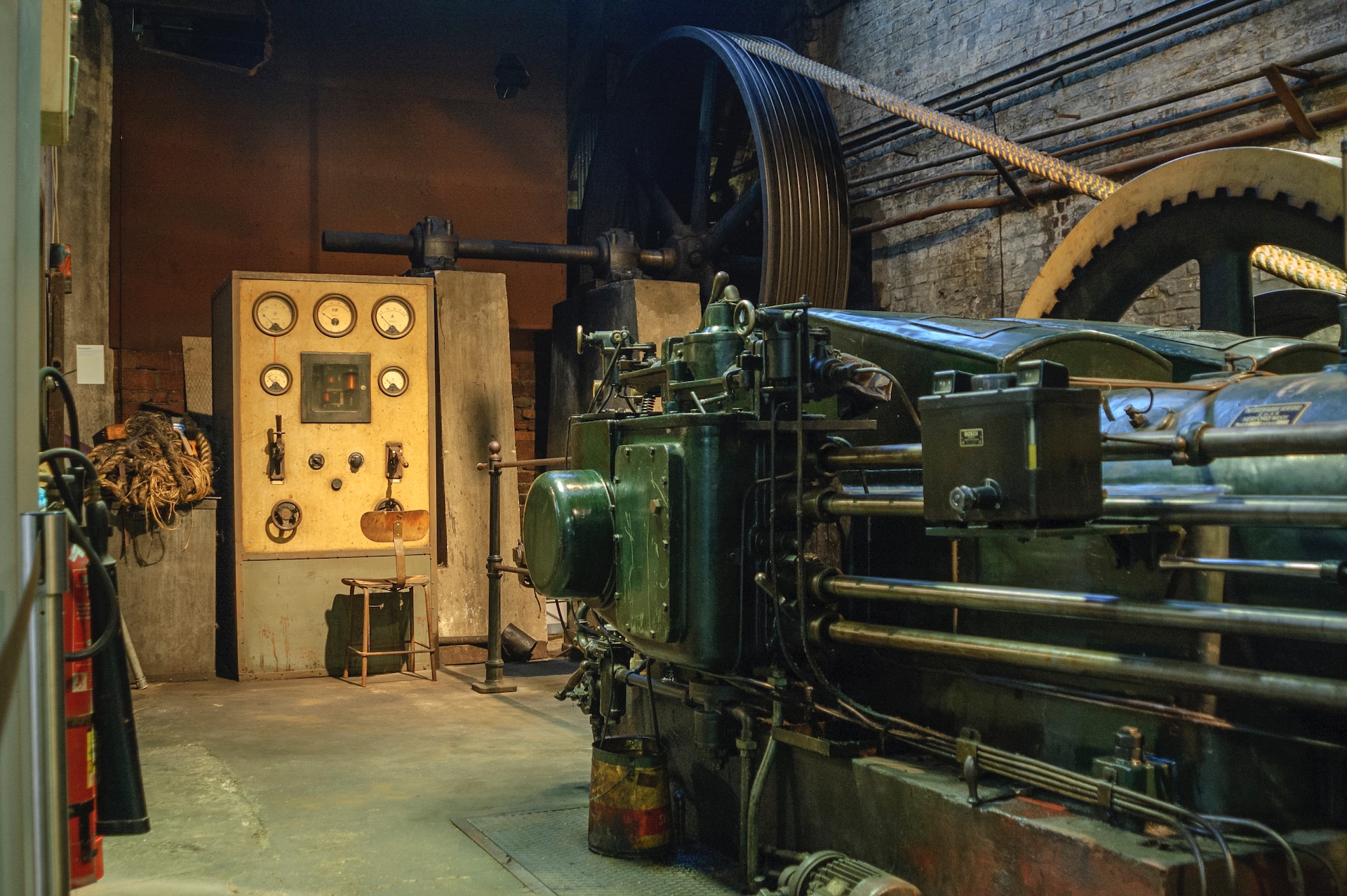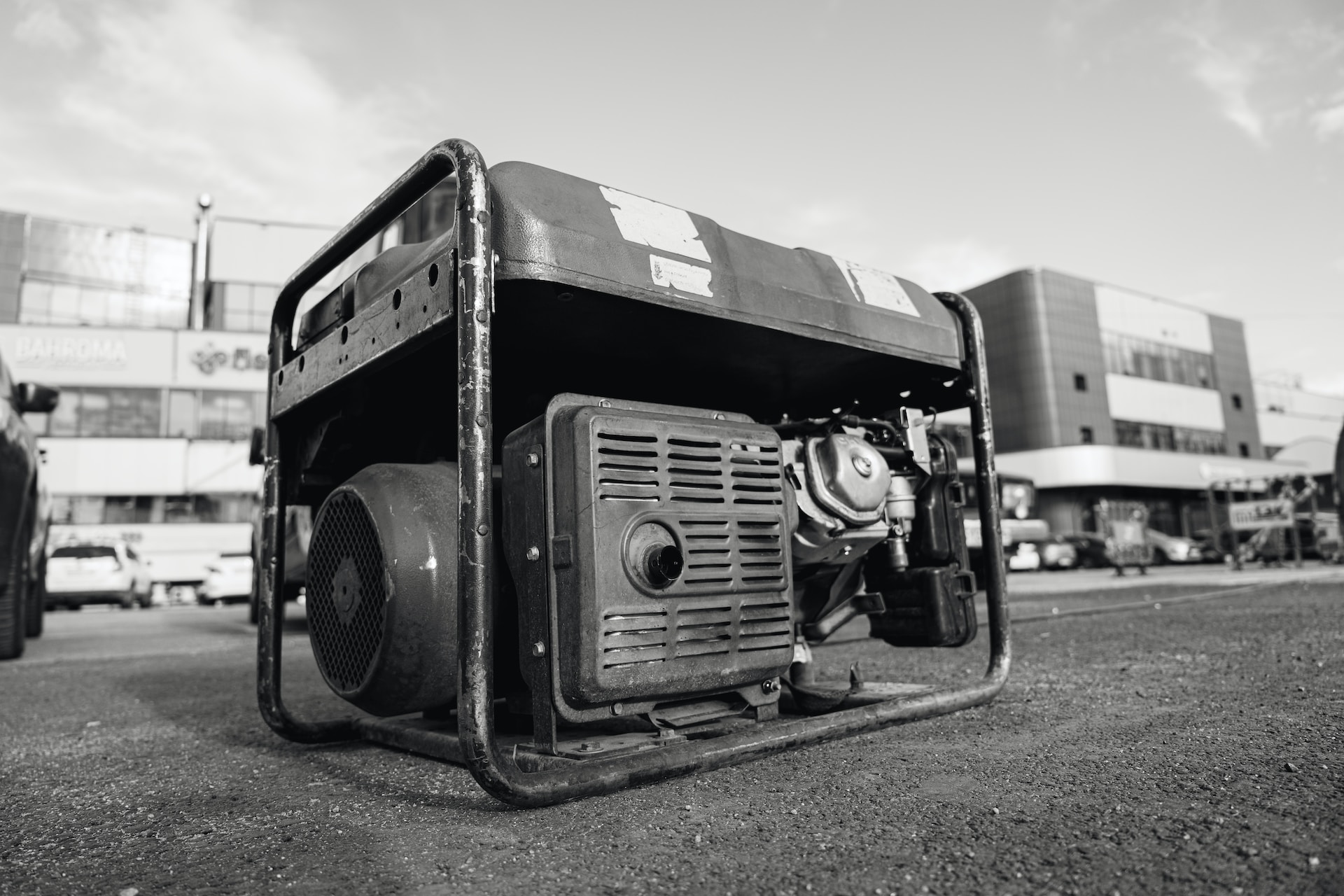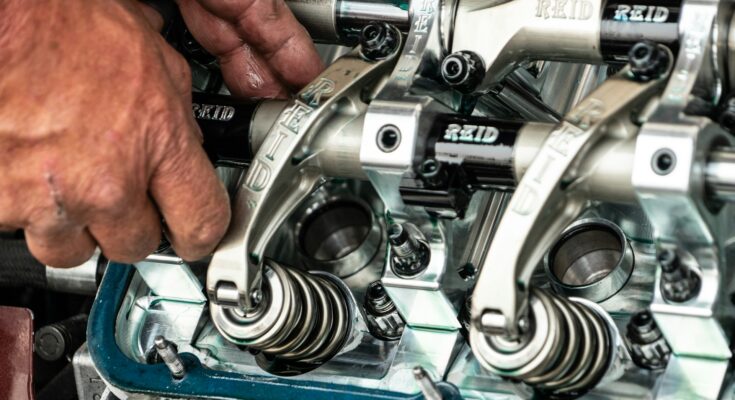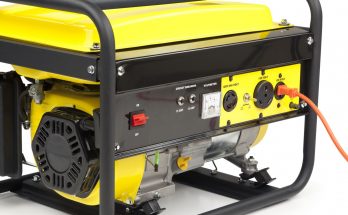You’re responsible for a generator and you can’t afford a power outage. It’s crucial you understand your machine’s components, conduct essential pre-use checks, perform routine maintenance, troubleshoot common issues, and source quality parts.
We’re here to guide you through the process. Don’t be left in the dark, take control of your generator’s health today
Understanding Your Generator’s Components
Let’s dive right into understanding the key components of your generator to better equip you for its maintenance.
Your generator’s engine, alternator, and fuel system are its heart and soul. The engine is the power source, converting fuel into mechanical energy. It’s important to keep it clean and ensure it’s lubricated properly for optimal performance.
The alternator converts mechanical energy into electrical power. It’s crucial to check for worn belts and loose connections.
The fuel system stores and supplies fuel to the engine. It’s vital to clean out any debris and replace filters regularly.
Each component is integral to your generator’s operation and necessitates regular check-ups.
Essential Pre-Use Checks

Before you fire up your generator, there are a few essential pre-use checks you need to perform to ensure its reliable operation.
Firstly, check the oil level. Your generator’s engine, like any motor, requires proper lubrication to function smoothly.
Next, inspect the air filter. A clogged filter can reduce efficiency and increase fuel consumption.
Thirdly, ensure the fuel level is adequate. Running a generator on low fuel can cause damage. Also, check the fuel for any contamination or degradation if it’s been stored for a long time.
Lastly, examine the overall physical condition of your generator for any visible signs of wear or damage.
These checks might seem minor, but they’re crucial to keeping your generator in top shape.
Routine Generator Maintenance Tasks
After carrying out these essential pre-use checks, it’s time to dive into your generator’s routine maintenance tasks.
Firstly, always ensure the generator is turned off before you begin.
Check and change the oil regularly, as dirty oil can harm your generator’s engine.
You should also clean or replace the air filter, as a clogged filter can reduce the generator’s efficiency.
Inspect the spark plugs and replace them if necessary.
Check the fuel filter and replace it if it’s dirty.
You can’t forget about the battery. Make sure it’s fully charged and free of corrosion.
Lastly, regularly run your generator even when you don’t need it to prevent mechanical issues.
Troubleshooting Common Generator Issues

Despite following routine maintenance tasks, you might still encounter common generator issues that need troubleshooting. You’ll often face problems like the generator failing to start, producing no power, overheating, or even excessive noise. Each of these issues has specific symptoms and requires a unique solution.
For instance, if your generator won’t start, it could be due to a low fuel level, a dead battery, or a faulty component. Checking your fuel and battery first is a smart move. If it’s not starting due to a component failure, you’d need to identify the part and replace it.
Similarly, if the generator produces no power, it’s likely a problem with the alternator or the circuit breakers. Carefully inspect these parts for any visible damage or inconsistencies.
Always remember to follow safety guidelines when troubleshooting your generator.
Sourcing Quality Parts and Service
When you’re fixing up your generator, it’s crucial to get hold of quality parts and hire reliable service. The best parts aren’t always the cheapest; they’re the ones that fit your generator model and meet the manufacturer’s specifications. You can usually find these at reputable supply stores or online. It’s also worth considering OEM (Original Equipment Manufacturer) parts, which ensure compatibility and reliability.
As for service, don’t just settle for the first provider you come across. Do your homework. Look for experienced, licensed professionals with positive customer reviews. Check their service history, certifications, and whether they offer warranties.

Conclusion
In conclusion, understanding your generator’s components, performing essential pre-use checks, and routine maintenance can keep your power running when you need it most.
Troubleshooting common issues and sourcing quality parts will ensure your generator’s longevity.
Remember, it’s not just about having a generator; it’s about knowing how to keep it primed and ready.
So, keep this guide handy, and you’ll always be prepared for whatever power challenges come your way.


